Combating Ants on Peony Buds: Proven Remedies for a Pest-Free Garden
Peonies, cherished for their captivating blooms, are occasionally plagued by unwanted visitors in the form of ants. While ants are attracted to the sweet nectar produced by peony buds, their presence does not necessarily harm the plants. However, gardeners often prefer to deter ants from their prized peonies to maintain the flowers’ pristine appearance. Fortunately, several effective remedies exist to address this issue and ensure pest-free blooms.

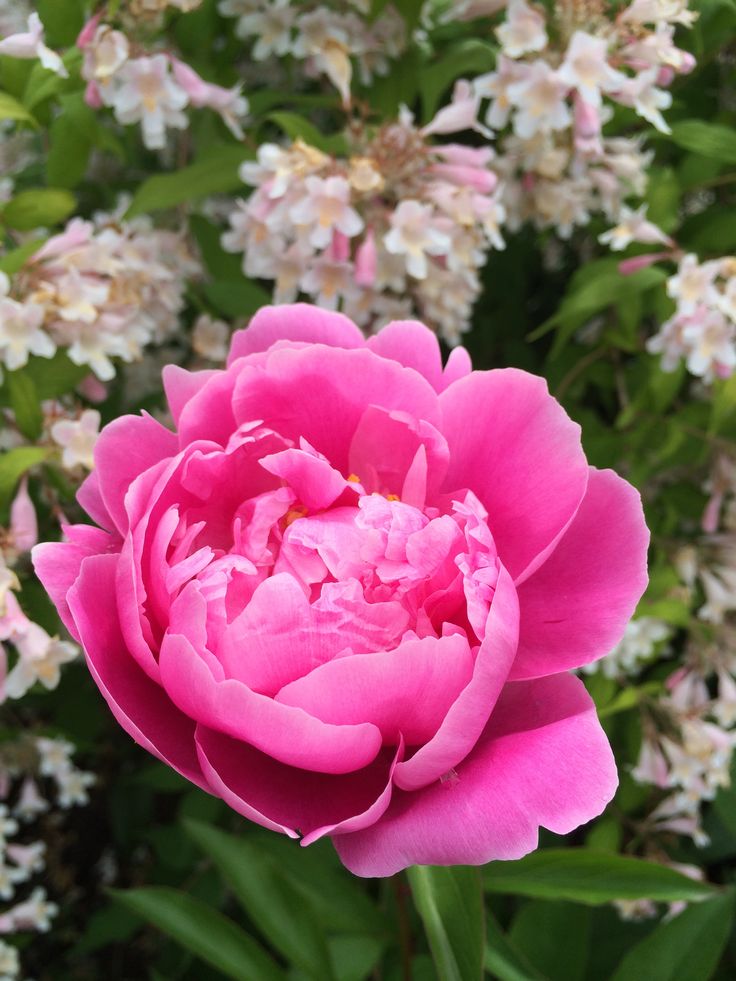
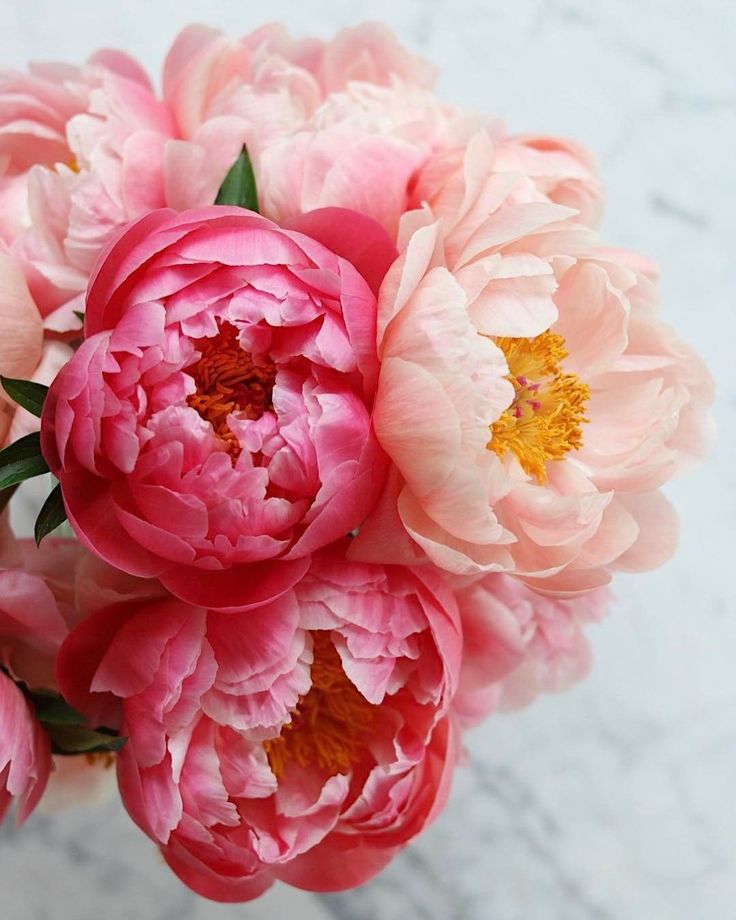
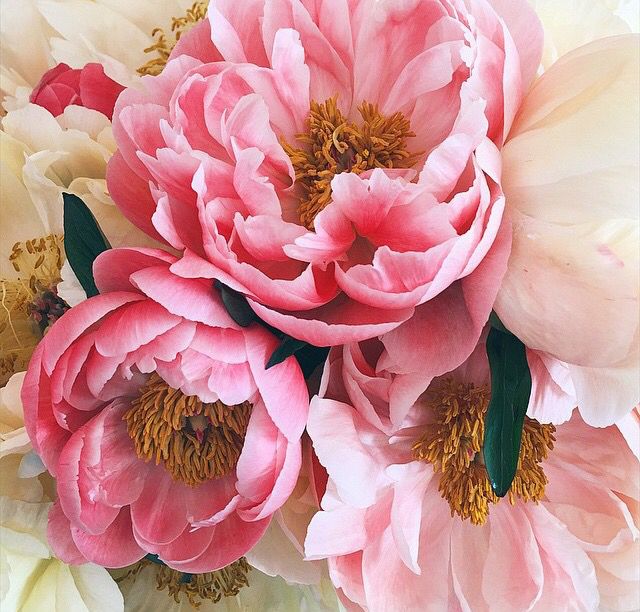
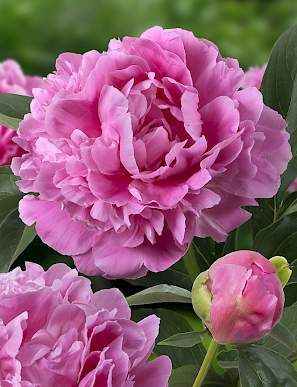



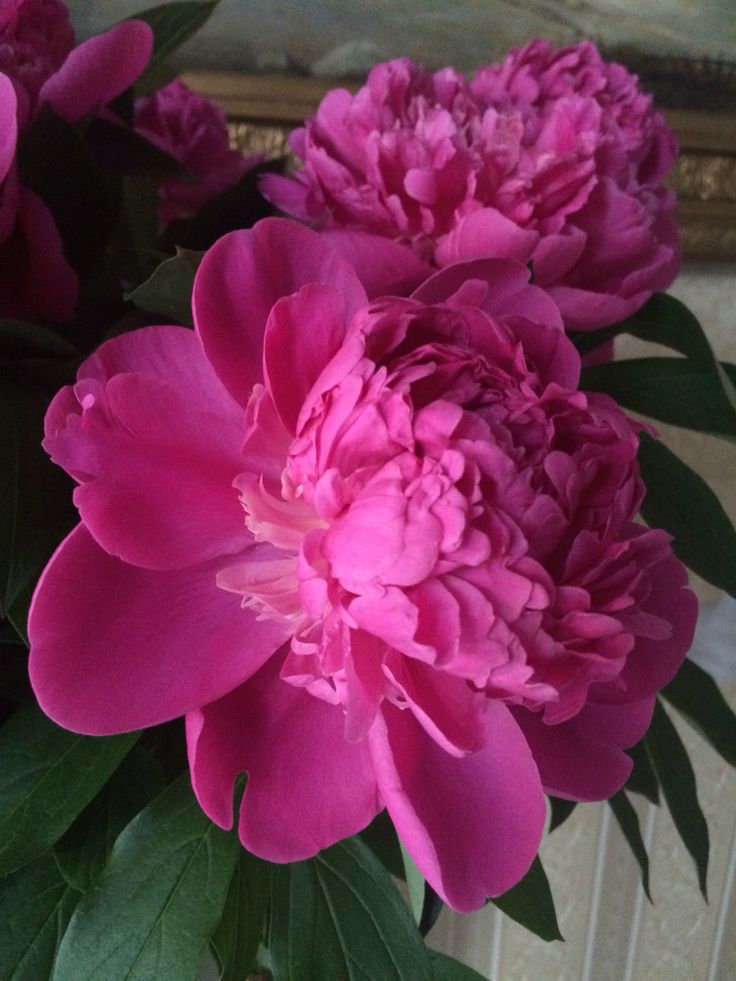
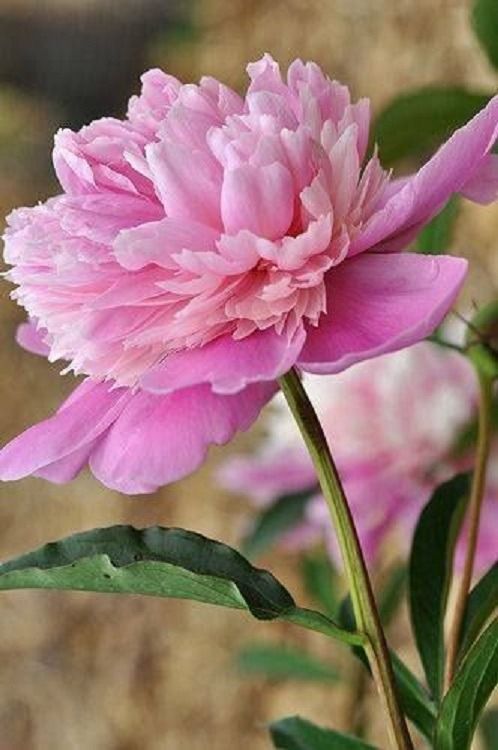


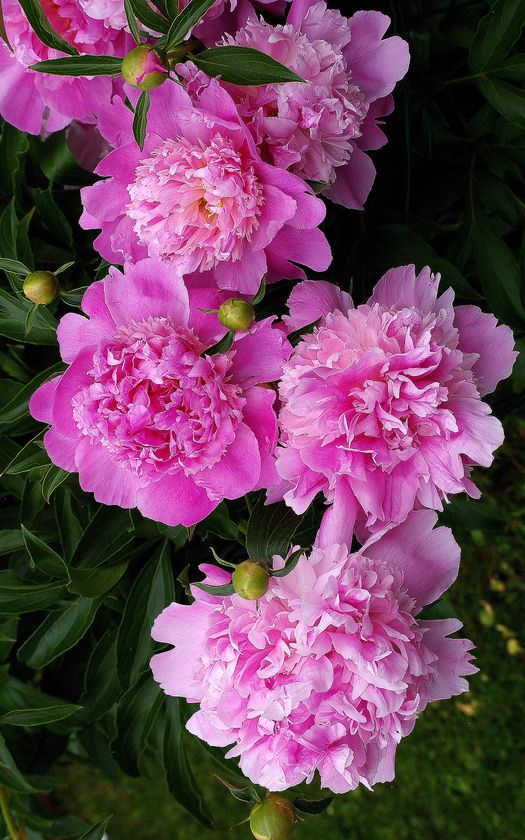
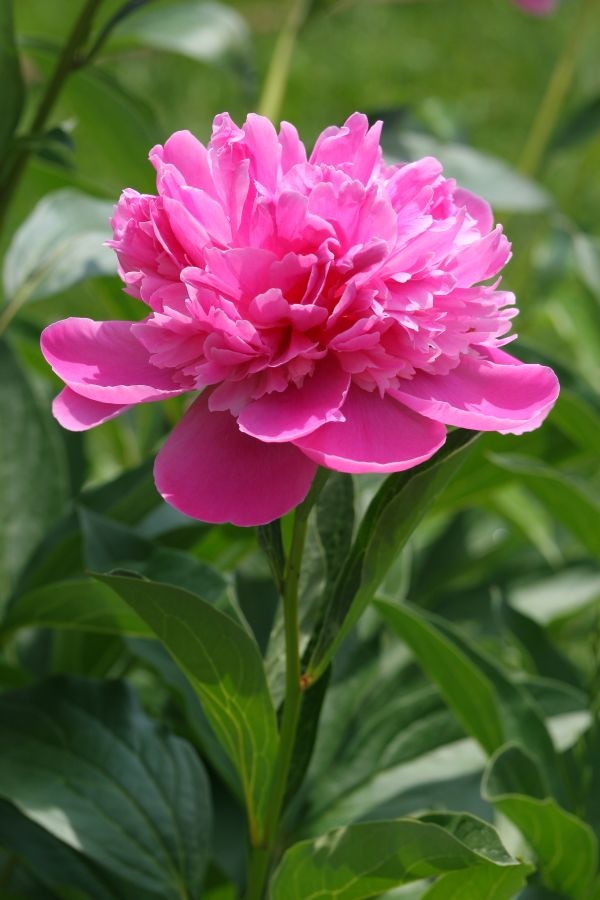

Understanding Ants’ Attraction to Peony Buds
Before delving into remedies, it’s essential to understand why ants are drawn to peony buds. Peony buds produce a sugary substance called nectar, which serves as a food source for ants. While ants do not harm peony plants directly, their presence can be unsightly and may deter some gardeners from enjoying their blooms fully.
Natural Remedies to Deter Ants
- Diatomaceous Earth: Sprinkle food-grade diatomaceous earth around the base of peony plants. This natural substance is abrasive to ants’ exoskeletons, effectively deterring them from climbing onto the buds.
- Citrus Peels: Place citrus peels, such as lemon or orange rinds, around the peony plants. The strong scent of citrus repels ants and discourages them from approaching the buds.
- Peppermint Oil: Create a solution of water and peppermint essential oil and spray it on and around the peony buds. Peppermint oil has a strong odor that repels ants and other insects.
- Cinnamon Powder: Sprinkle cinnamon powder around the base of peony plants or directly on the buds. Cinnamon acts as a natural ant repellent and can deter ants from approaching the flowers.
Physical Barriers
- Talcum Powder: Dust talcum powder around the base of peony plants to create a barrier that ants are reluctant to cross. Reapply as needed, especially after rainfall.
- Petroleum Jelly: Apply a thin layer of petroleum jelly around the stems of peony buds to create a sticky barrier that prevents ants from climbing up.
Cultural Practices
- Pruning and Cleanup: Regularly inspect peony plants for signs of ant activity and prune any dead or decaying foliage. Removing debris and maintaining a tidy garden can discourage ants from nesting near peony buds.
- Water Management: Avoid overwatering peony plants, as excess moisture can attract ants. Water the plants at the base to minimize humidity around the buds.
Conclusion
While ants on peony buds may be a common sight, they can be effectively managed using natural remedies, physical barriers, and cultural practices. By implementing these strategies, gardeners can enjoy pristine peony blooms without the presence of unwanted pests. With diligence and proper care, peony plants can thrive and continue to adorn gardens with their exquisite flowers.
FAQs (Frequently Asked Questions)
- Are ants harmful to peony plants?
- No, ants are not harmful to peony plants themselves. However, their presence on peony buds may be undesirable for some gardeners.
- Why are ants attracted to peony buds?
- Ants are attracted to the sweet nectar produced by peony buds, which serves as a food source for them.
- Do ants damage peony buds?
- Generally, ants do not damage peony buds directly. However, their presence may lead to the presence of other pests or affect the aesthetics of the blooms.
- How often should I apply natural remedies to deter ants from peony buds?
- Natural remedies may need to be reapplied periodically, especially after rainfall or irrigation, to maintain their effectiveness.
- Can I use chemical insecticides to control ants on peony buds?
- While chemical insecticides may be effective, they can also harm beneficial insects and pollinators. It’s advisable to use natural remedies and cultural practices as the first line of defense against ants.